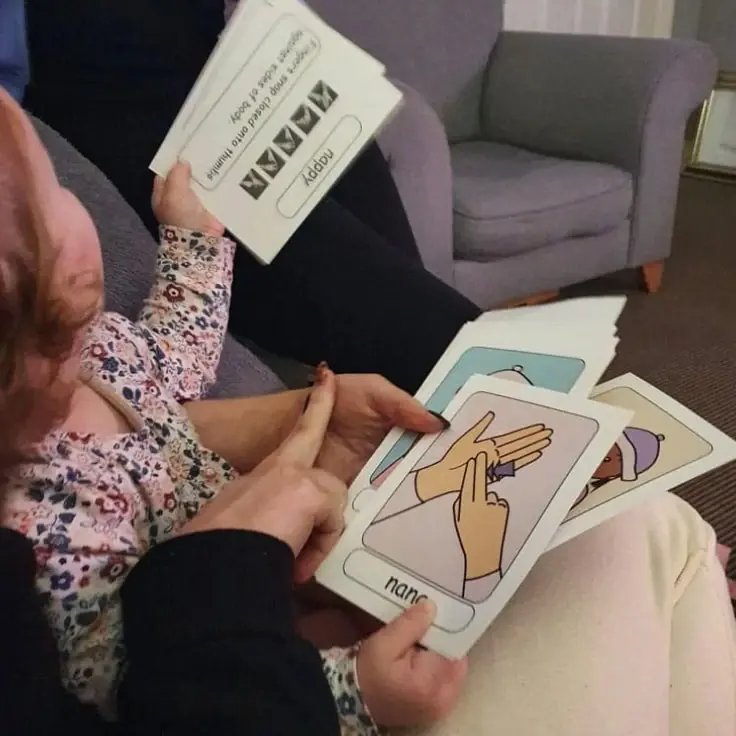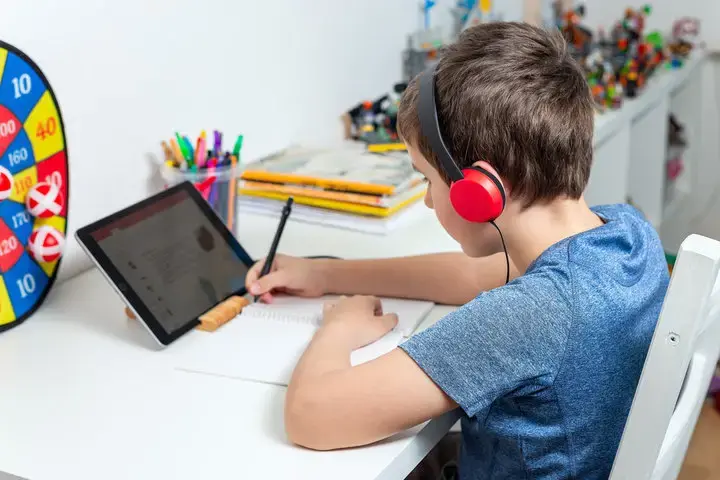Welcome back to Ask SEND Edventures, our regular column where we answer your questions about supporting children and young people with SEND. Whether you’re looking for practical solutions, advice on navigating education, or guidance on accessing the right support, we’re here to help. This week, we’re tackling three key concerns raised by parents: ensuring inclusion in school activities for a child with muscular dystrophy, managing sensory sensitivities in noisy environments, and supporting a young child with dyslexia who is struggling with reading.
Q. My son, who is 10, has muscular dystrophy, and I’m worried about how his physical limitations might stop him from participating in school activities like sports and trips. How can I ensure he stays included?
A. Ensuring your son remains active and included is essential for his confidence and well-being, and there are many ways to support this. Start by having an open conversation with his school. The school’s SENCO or Inclusion Lead can work with you to create an Individual Health Care Plan (IHCP), detailing his needs and any adaptations required. For example, he may benefit from shorter distances during sports or extra rest breaks during physical activities.
Adaptive equipment and inclusive sports can be excellent ways to keep your son active. Charities like Muscular Dystrophy UK provide resources and advice on adaptive sports and mobility aids. They also offer support groups where you can connect with other families facing similar challenges.
You might also explore local organisations that specialise in inclusive activities, such as CP Sport or Activity Alliance, which focus on making activities accessible for children with physical disabilities.
For school trips, reasonable adjustments such as accessible transport or tailored itineraries can make participation possible. Contact can offer further advice on advocating for your son’s inclusion.
By focusing on what he can do and ensuring his voice is heard in decisions, you’ll empower him to stay active and engaged.

Every small win deserves to be celebrated. It’s the effort and engagement that truly matter.
Q: My 6-year-old has sensory processing difficulties and becomes very distressed in noisy places like supermarkets or family gatherings. How can I support him?

A. Navigating noisy environments can be challenging for children with sensory processing difficulties, but there are strategies to make outings more manageable. Noise-cancelling headphones or ear defenders, like those available at Sensory Direct, can help reduce overwhelming sounds and create a more comfortable experience.
It’s also helpful to plan trips during quieter times and create a “calm zone” at family gatherings with familiar items like a favourite blanket or toy. Weighted lap pads or sensory tools, which you can find at The Sensory Integration Network, can help your son self-regulate and manage sensory overload.
There are also fantastic UK-based charities that offer guidance and resources for managing sensory needs. The





